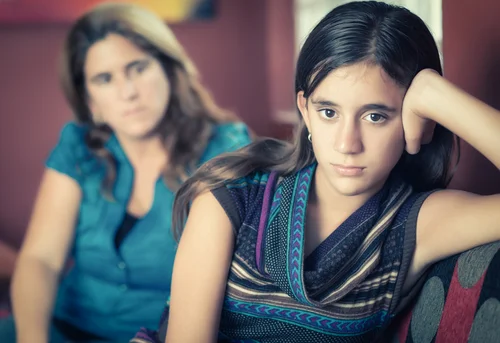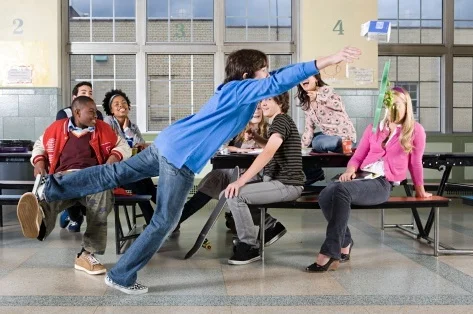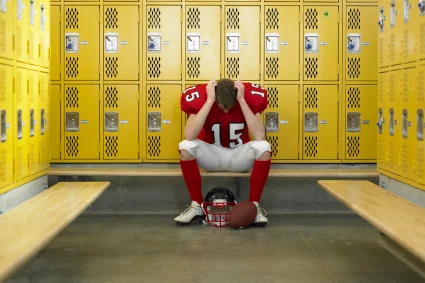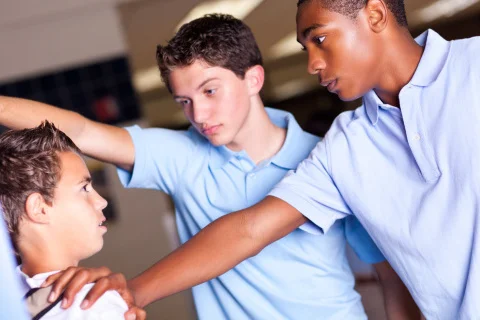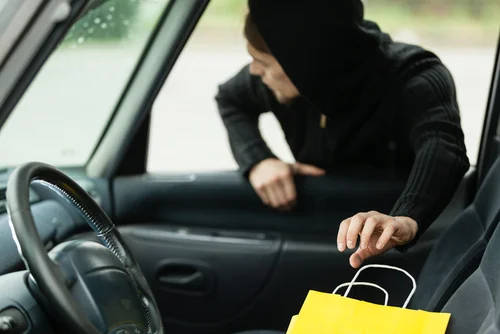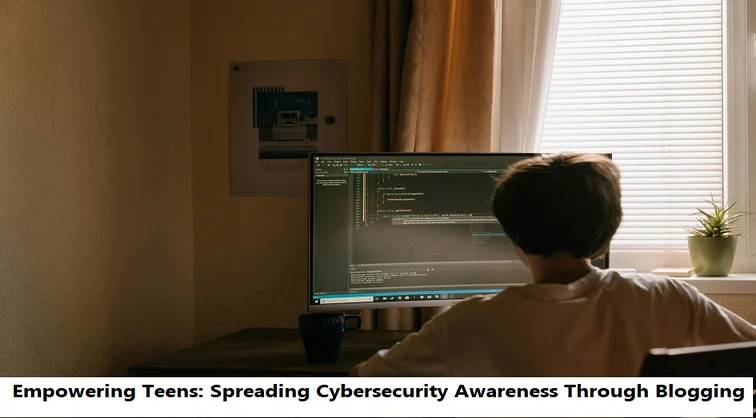+1 845 259 2974 (11 a.m to 7 p.m CST)
Kicking bullying out of the schools!
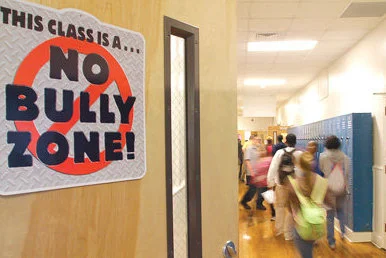
Bullying is one of the major concerns of every parent who wants their teen is be secure at their schools. It has always been in the upper echelons of parenting concerns, and hence bullying prevention in high schools is something that parents deliberate over, all over the country. Parents might not always know how to stop bullies from bullying, but they can actually do a lot to provide a strong support system for their teen.
Talk and listen to your teens every day
Many researches highlight the fact that approximately 50 percent of the teens who have been targeted by bullying activities don’t discuss it with their parents. Teens are quite often too ashamed to discuss it with anyone; and occasionally they believe that no one can be of any help to them, not even the parents. If you start taking to your teen on a daily basis, gradually they would become more comfortable in discussing their deepest problems with you as well.
Spend time at school
Numerous researches showcase the fact that 67% of bullying activities happen in the absence of adults. If you can just go to your teen’s school once every week or even once a month, you can make a lot of difference merely by showing up and being around your teen. Showing that there is someone to protect the teen is an immensely effective way to stop bullies.
Showcase leadership and kindness
Teens learn quite a lot regarding power relationships from observing you. Whenever you speak to someone in an abusive or hurtful manner, you are teaching your teen that bullying is fine.
Observe the signs
If you have a feeling that your teen might be targeted by bullies in school, talk with to the teachers or think of ways to observe their peer interactions in order to figure out whether your suspicions are justified.
Create anti-bullying habits
You should ensure the development of anti-victimization and anti-bullying habits in your teen early on when they are growing up. Teach your children what they must not do - pushing, hitting, teasing, being mean to others, etc. Similarly, teach your children what they must do – be kind, be empathetic, always believe in fair play, and take turns – these are crucial skills for sound peer relations. There is research that suggests bullies later become criminals in life - act now to save their future later.
Help the school address bullying
Whether or not your teens are bullied, you should be aware of the actions of their school with regards to addressing bullying. Researches highlight the fact that the policy of “zero-tolerance” policies isn’t always effective. Educational programs that are designed to create a healthy climate in the school work considerably more.
Makes household bullying rules
Your teens should hear explicitly from you that it’s not okay, tolerable or normal to bully, be bullied, or to watch on as others are being bullied. If teen is a bully, you can help them trace other means of exerting their status, power or leadership at their high school. Work with them, their teachers, and the principal of the school for the implementation of a “kindness” plan at the high school.
Teach the teen about being a good witness
Teens can quite often diffuse a bullying scenario easily by yelling something along the lines of, “Stop! This is bullying!” Most of the bullies would stop within 15 seconds if someone tells them to cut it out.
Spread the word against bullying
A few adults hesitate to act even when they hear about or observe bullying, because they believe bullying to be a typical teenage phase that needs to be endured. It is pivotal for everyone to comprehend that all types of bullying - verbal, physical, social (rumors, gossip, group exclusion), and cyberbullying should not be considered a normal part of teenage.
Be aware of class social structures
Which teens typically gel in together? Which teens are influential socially? Which teens are marginalized? Intentionally grouping and paring teens so that the bullies and potential victims work together prevents bullying when they go outside the classroom.

